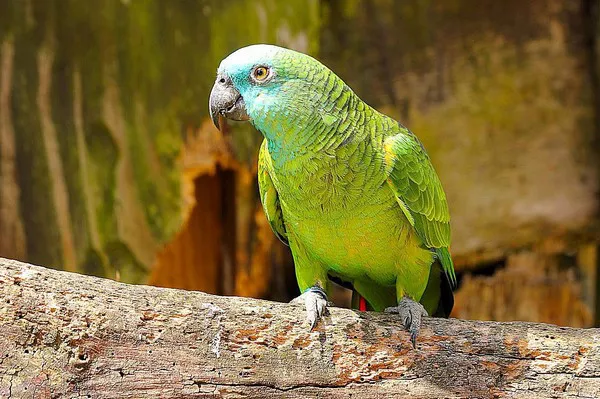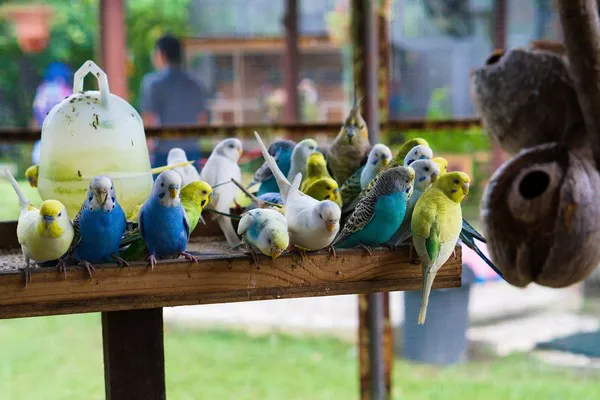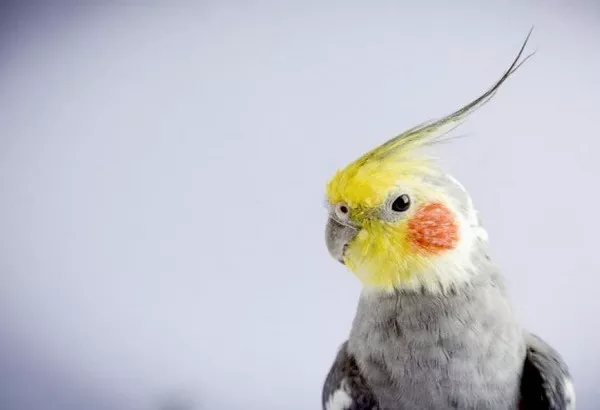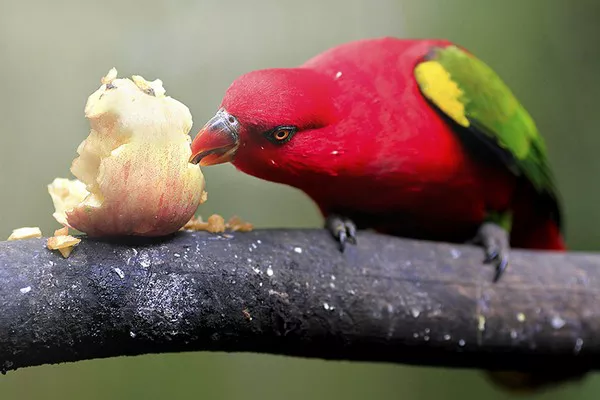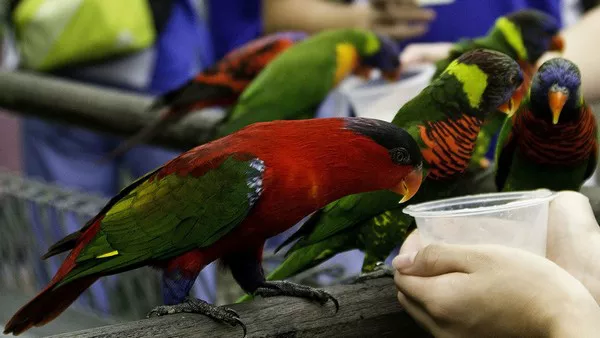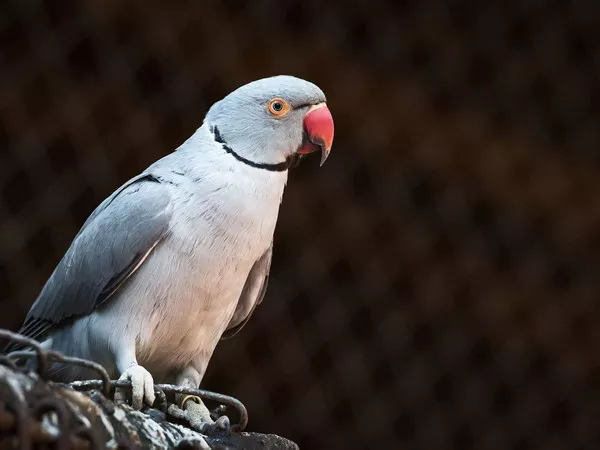Sun conures, also known as sun parakeets, are vibrant and playful birds native to the tropical regions of South America, particularly found in countries like Brazil, Guyana, and Suriname. Their bright yellow and orange plumage, lively personalities, and sociable nature make them popular pets among bird enthusiasts. However, potential and current owners often wonder about the lifespan of sun conures and the factors that influence their longevity. This article delves into the life expectancy of sun conures, the aspects that affect their lifespan, and how to ensure they live a long, healthy life.
Understanding Sun Conures
Before discussing their lifespan, it is essential to understand the characteristics of sun conures. These medium-sized parrots typically measure between 12 to 14 inches in length and weigh around 100 to 130 grams. Sun conures are known for their striking coloration, which usually includes a bright yellow body, green wings, and orange and blue markings. Their cheerful disposition and ability to mimic sounds and human speech make them delightful companions.
Natural Habitat and Behavior
In the wild, sun conures inhabit open woodlands and savannas, where they typically live in small flocks. They are social birds that thrive on interaction with their flock and can often be seen foraging for seeds, fruits, and nuts. Sun conures communicate using a variety of vocalizations and are known for their playful and curious behavior.
Lifespan of Sun Conures
In captivity, sun conures can live significantly longer than their wild counterparts. The average lifespan of a sun conure in a well-cared-for environment is typically between 20 to 30 years. This remarkable lifespan is due to several factors that can be managed by their owners, including diet, environment, and healthcare.
Lifespan in the Wild vs. Captivity
In the wild, the lifespan of sun conures can be significantly shorter, often around 10 to 15 years. Factors such as predation, food scarcity, habitat loss, and environmental stresses contribute to their reduced lifespan. In contrast, sun conures in captivity benefit from regular meals, protection from predators, and the absence of environmental stressors, which can greatly extend their lives.
Factors Influencing Lifespan
Several key factors influence the lifespan of sun conures in captivity. By understanding and addressing these factors, owners can help their pets live longer, healthier lives.
1. Diet and Nutrition
A balanced diet is crucial for the health and longevity of sun conures. In the wild, they primarily feed on fruits, seeds, nuts, and flowers. In captivity, their diet should replicate this natural intake as closely as possible.
Essential Nutrients
Fruits and Vegetables: Fresh fruits and vegetables should make up a significant portion of a sun conure’s diet. Foods like apples, carrots, spinach, and bell peppers provide essential vitamins and minerals.
Pelleted Diets: Many bird owners choose to feed their conures a high-quality pellet diet specifically formulated for parrots. These pellets ensure that birds receive a balanced intake of nutrients.
Seeds and Nuts: While seeds and nuts can be a part of their diet, they should not be the main component. They are often high in fat and can lead to obesity and related health issues.
Fresh Water: Fresh, clean water should always be available. Hydration is vital for maintaining good health.
2. Social Interaction
Sun conures are social creatures that require interaction to thrive. Inadequate socialization can lead to behavioral issues such as depression and aggression.
Bonding with Your Bird
Daily Interaction: Spend quality time with your sun conure every day. Engage in activities like talking, playing, and training to strengthen your bond.
Companionship: If possible, consider getting a second bird to provide companionship. However, ensure that they are compatible to avoid territorial disputes.
3. Environment and Housing
The living environment of a sun conure significantly impacts its health and lifespan. A safe, stimulating, and clean habitat can enhance its well-being.
Cage Requirements
Space: Sun conures need ample space to move around. A large cage with horizontal bars is ideal, as it allows for climbing and playing.
Toys and Enrichment: Provide various toys to keep your bird mentally stimulated. Rotate toys regularly to prevent boredom.
Location: Place the cage in a social area of your home where the bird can observe family activities. However, avoid placing the cage in direct sunlight or drafts.
4. Healthcare and Veterinary Visits
Regular veterinary care is essential for monitoring your sun conure’s health. Routine check-ups can help detect potential health issues early on.
Preventative Care
Annual Check-ups: Schedule yearly veterinary visits for health assessments and vaccinations as needed.
Be Observant: Watch for signs of illness, such as changes in appetite, behavior, or droppings. Early detection of health problems can lead to better outcomes.
5. Stress Management
Stress can significantly affect a sun conure’s health and lifespan. It is crucial to minimize stressors in their environment.
Reducing Stress
Quiet Time: Provide a quiet space for your bird to retreat when it feels overwhelmed.
Avoid Loud Noises: Sudden loud noises or changes in the household can cause stress. Try to maintain a stable environment.
Common Health Issues in Sun Conures
Understanding common health problems that sun conures face can help owners take preventive measures and ensure their pets live longer, healthier lives.
1. Feather Plucking
Feather plucking is a behavioral issue often linked to stress, boredom, or health problems. It can lead to skin infections and significant discomfort for the bird.
Prevention and Treatment
Environmental Enrichment: Provide plenty of toys, social interaction, and mental stimulation to reduce boredom.
Consult a Veterinarian: If feather plucking occurs, consult a vet to rule out underlying health issues.
2. Obesity
Sun conures can easily become overweight due to a high-fat diet and lack of exercise. Obesity can lead to serious health problems, including heart disease and diabetes.
Weight Management
Balanced Diet: Monitor their diet closely and limit high-fat treats.
Exercise: Encourage physical activity through flight and playtime outside the cage.
3. Psittacosis
Psittacosis, also known as parrot fever, is a bacterial infection that can affect birds and humans. It is often transmitted through droppings.
Prevention
Hygiene: Maintain cleanliness in the bird’s environment to reduce the risk of infection.
Veterinary Care: Regular veterinary check-ups can help detect infections early.
4. Respiratory Issues
Sun conures are susceptible to respiratory infections, often caused by exposure to drafts, dust, and fumes.
Protecting Respiratory Health
Clean Environment: Regularly clean the cage and surrounding area to minimize dust and dander.
Avoid Toxic Substances: Keep your bird away from smoking areas, strong odors, and household cleaners.
Enriching Your Sun Conure’s Life
A fulfilled and enriched life can lead to a longer lifespan for sun conures. Here are several ways to enrich their environment and activities.
1. Flight Time
Allowing your sun conure to fly in a safe space promotes physical health and mental stimulation.
Supervised Flight: If possible, create a safe area for your bird to fly under supervision. Ensure that windows and doors are closed to prevent escapes.
Harness Training: Consider training your sun conure to wear a bird harness, allowing for outdoor exploration while keeping them safe.
2. Training and Tricks
Training your sun conure can be both fun and beneficial. It stimulates their minds and strengthens your bond.
Positive Reinforcement: Use treats and praise to encourage learning. Simple tricks, like “step up” or “wave,” can enhance interaction.
3. Socialization with Humans and Other Birds
Encourage positive interactions with different people and, if appropriate, other birds.
Gradual Introduction: Introduce your bird to new people and environments gradually to build confidence.
Bird Playdates: If you have other birds, consider supervised playdates to enhance social skills.
Conclusion
The lifespan of sun conures can reach up to 30 years or more with proper care and attention. By focusing on their diet, social needs, environment, healthcare, and mental stimulation, owners can significantly impact their bird’s longevity. Understanding the specific needs of sun conures and providing a nurturing, engaging environment will ensure that these colorful and charismatic birds lead fulfilling and healthy lives.
With love, care, and commitment, your sun conure can be a cherished companion for many years, bringing joy and color to your life. Remember, a well-cared-for sun conure is not just a pet; it’s a lifelong friend.
Related Topics:



